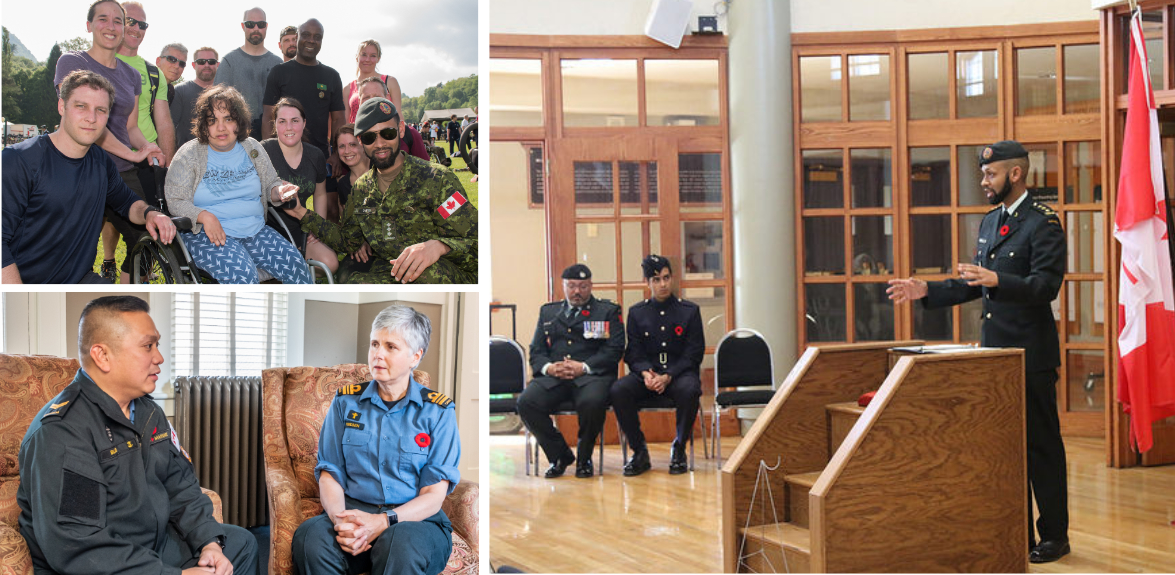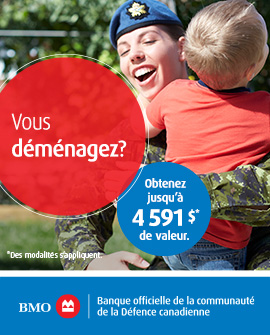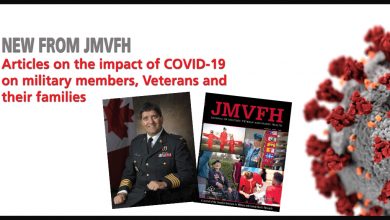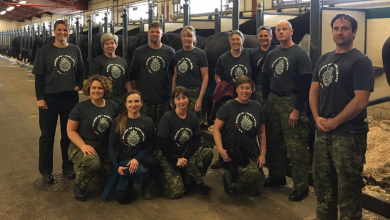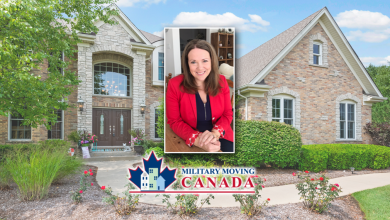Helpful Resources
CAF Chaplains Offer Guidance and Support to Personnel and Families
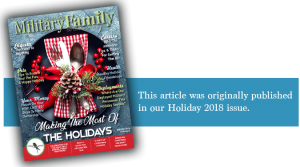 Whether you’re in need of urgent assistance or just want someone to talk to, your unit padre is there to help. Support can come about in a formal meeting or a conversation at a coffee break. More importantly, the CAF Chaplain’s chief concern is the member’s overall morale and well-being so they can get back to work.
Whether you’re in need of urgent assistance or just want someone to talk to, your unit padre is there to help. Support can come about in a formal meeting or a conversation at a coffee break. More importantly, the CAF Chaplain’s chief concern is the member’s overall morale and well-being so they can get back to work.
Padre Jeannine Friesen has supported her fellow sailors for the past nine years. As Lieutenant Commander and Senior Fleet Chaplain for the Canadian Pacific Fleet in Esquimalt, B.C., she supervises a team of chaplains whose main tasks are to support the fleet and, specifically, to deploy and sail with the ships.
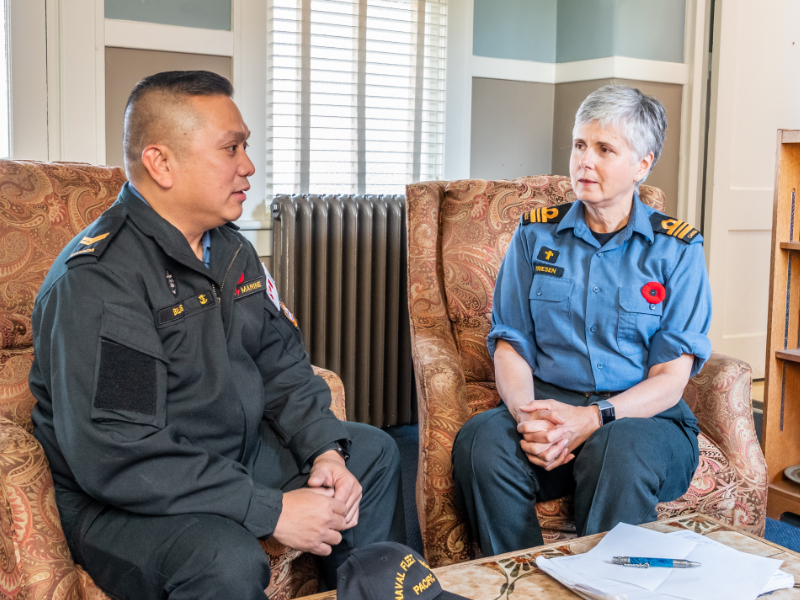
Ministry of Presence
“A large part of any chaplain’s job is what we refer to as a ministry of presence,” explains Padre Friesen. “On a ship, we visit sailors in their workspaces, serve meals in the galley, eat in the different messes, provide religious services, participate in storing ship, landing gash (removing the garbage from the ship), and doing PT. By sharing the life the sailors lead and making ourselves visible and available, we build relationships with them so that when they want to talk to us, they know who we are and how to find us.”
The most common misconception about military chaplains, she says, is that they are going to push religion. They do provide religious services to members in their preferred faith, but they also offer crisis counselling, make referrals for addiction and mental health concerns, provide deployment support, offer emergency services by assisting with sourcing housing, childcare or financial aid, and journey with a family coping with the death of a member.
“In the Royal Canadian Chaplain Service (RCChS), we say we minister to our own, facilitate the worship of others, and care for all,” says Padre Friesen.
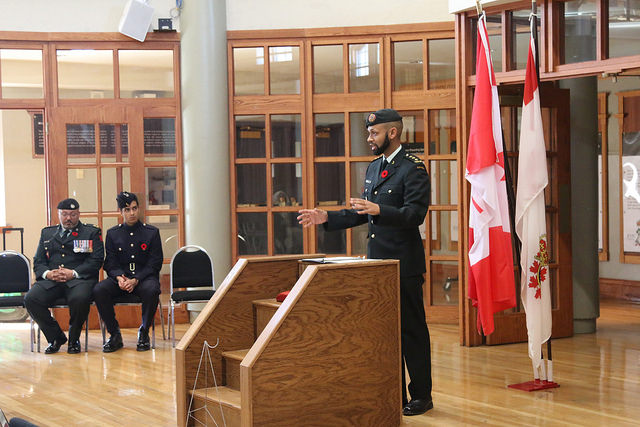
Services Offered
“We offer religious services such as Baptism, Marriage, Communion, and Confession according to the individual chaplain’s faith group. If we have a request for religious services from a member belonging to a faith group other than our own, we support the member by helping them locate someone in the larger community who can provide them with what they need. And regardless of whether a person has any religious affiliation, it is our duty to ensure that every member of the CAF is cared for and supported.” Padre Ryan Carter, an Imam, says his journey to becoming a padre was a “long and winding one.”
“I wish I could say that I ‘always wanted to be a chaplain,’ but in reality, chaplaincy chose me,” says Padre Carter. “I did a short stint as a reservist followed by several years of soul-searching and travelling around the world. When I completed my first MA in Middle Eastern studies, I spent a whole year working odd jobs until my wife suggested I be a chaplain. She showed me a few websites on what chaplains do and convinced me this was where I should be. So, I enrolled in Hartford Seminary in Connecticut and thus began my journey in chaplaincy. Eventually, I connected with a CAF recruiter to see if they hire non-Christian chaplains, and the response was: Of course we do!”
He likes to describe Padres as navigators who guide military members and their families through the complexities of military life, both domestically and abroad.
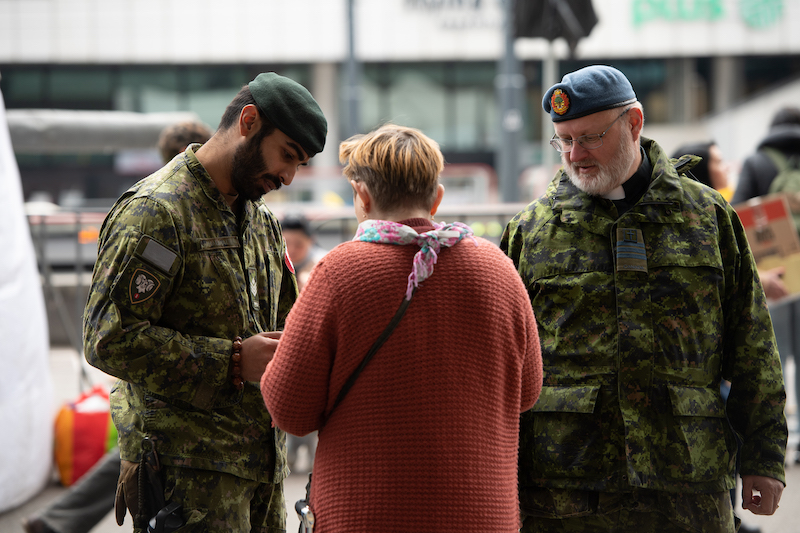
Embedded in the Life of the Unit
“We are traditionally embedded in the life of the unit we belong to, and so we often serve as that first line of support. Because we are outside of the Chain of Command and maintain the ethics of confidentiality, we are regarded as essential advisors, confidants, and advocates. Of course, as padres, we are rooted in our various faith traditions, which allows us to function in the facilitation and direct provision of the religious needs of the military community, representing the sacred in the public space. That faith component is really vital to maintaining our credibility and relationship with members and their families,” explains Padre Carter.
Many family emergencies happen after hours, and because there is always a Padre on duty, they are usually among the first responders to a family crisis. Padre Carter recalls a complex case he responded to.
“It was a case of significant domestic violence,” he says. “This required a number of steps: including calling the police and following arrest, assisting the survivor to vacate her home, and placing her in an emergency ‘PMQ’ with her children. In the morning, I helped her connect with the proper community and family resources to ensure her safety and assist her with immediate financial needs and childcare.”
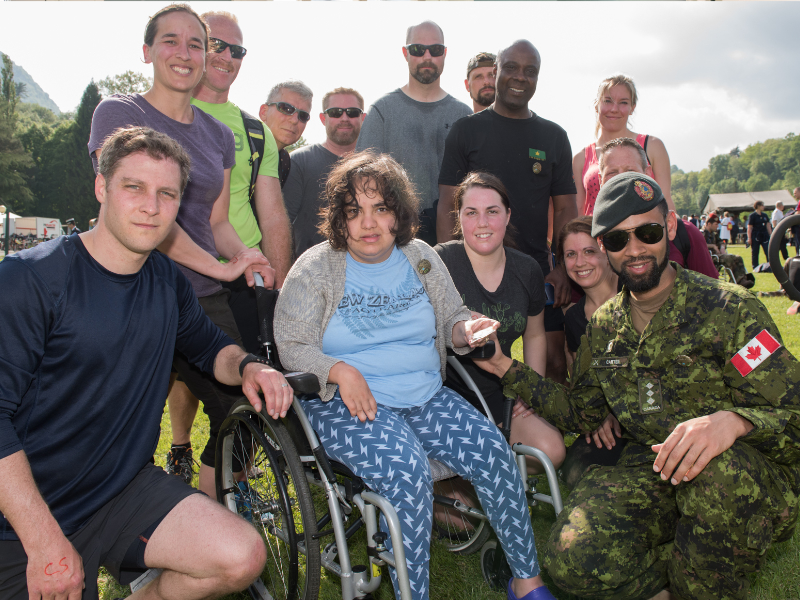
Daily Responsibilities & Concerns can be Difficult
Although padres do not provide professional marriage counselling per se, they are often the first contact a military member makes when marital issues arise.
“If I have a couple come to talk to me who are having difficulty in their marriage,” says Padre Friesen, “I will try and get a sense of what the problem is and, if appropriate, I will assist them by linking them in with one of the resources available to CAF members. This might involve referring them to a Social Worker or the Canadian Forces Member Assistance Program (CFMAP) to access counselling.”
Assisting families either at the notification of the death of a member or following the notification is one of the most difficult but most privileged aspects of a padre’s responsibilities, she says.
“Sadly, I have been involved in assisting a Commanding Officer on a notification following the death of a member. The padre’s role is to support the family during a traumatic time. How much we are involved will depend on what the family needs and requests. We often spend time with the family to help them make the notifications they need to make, journey with them as they begin to process what has happened, make funeral preparations, and assist the Designated Assistant to ensure the family has what they need. We can often facilitate communication between the family and the deceased member’s unit. The unit wants to know that the family is being taken care of, and if a Chaplain is actively engaged with the family, the unit has a way of knowing what they need and how they can help.”
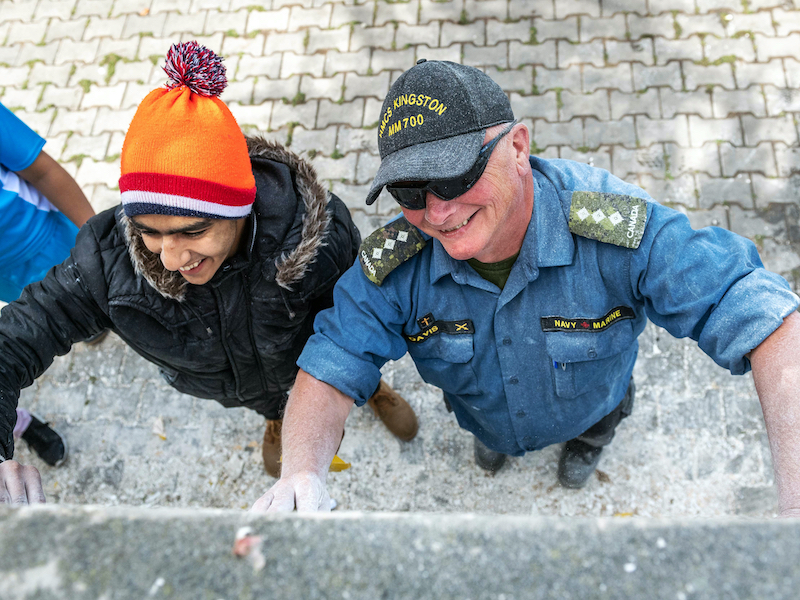
Opportunity to Make Positive Impact
The daily responsibilities and concerns of a CAF chaplain can be difficult, but having the support of their family makes the job much easier.
“Like all military members, it’s important for chaplains to have family at home who provide a secure, supportive base from which to do their work,” says Friesen. “My children were still elementary school age when I joined the CAF, and I relied on my husband to ensure that they had everything they needed in my absence. It would be very difficult for me to do what I do without my family’s support.”
Chaplains Friesen and Carter both say that the most rewarding facet of their work is the privilege of helping fellow comrades in crisis and making a difference in the overall nature and nurture of the forces.
“I love the dynamic nature of military life and the opportunities to make a positive impact on the life of an individual and the institution as a whole,” says Padre Carter. “I love innovation and the fact I can be who I am and use this to develop unique ways of ministry and advocacy. This could mean planning a Ramadan dinner or a Passover Sedar, to organizing a Black History Month celebration or simply walking with a member in crisis. All this keeps me going. I am presently posted to the Royal Military College in Kingston, which has been an amazing experience. It’s a privilege to work with and help form our future leaders.”
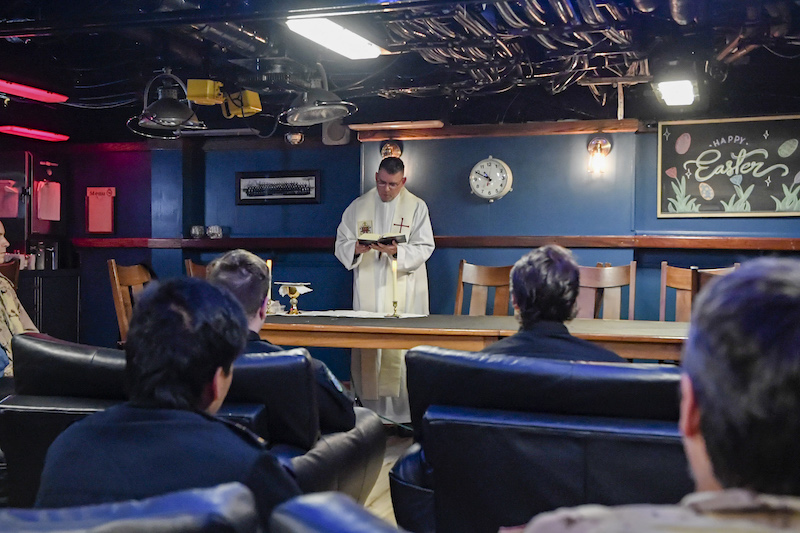
Most Rewarding Aspect
Padre Friesen says the most rewarding aspect of her work is the opportunities she has to talk with CAF members from any faith about their lives. “It is a tremendous privilege to assist them in challenging times and to celebrate with them in their joys,” she says. “The most challenging aspects are the times I’ve had to be away from home and missed important events in the lives of my children. But this happens to most CAF members during the course of their careers. I like to say that when I’ve been deployed on ships, I am literally in the same boat as everyone else. The fact that chaplains deploy with the troops and share their living and working quarters is a very privileged position, and it means that we have a strong understanding of the realities of their lives.”


